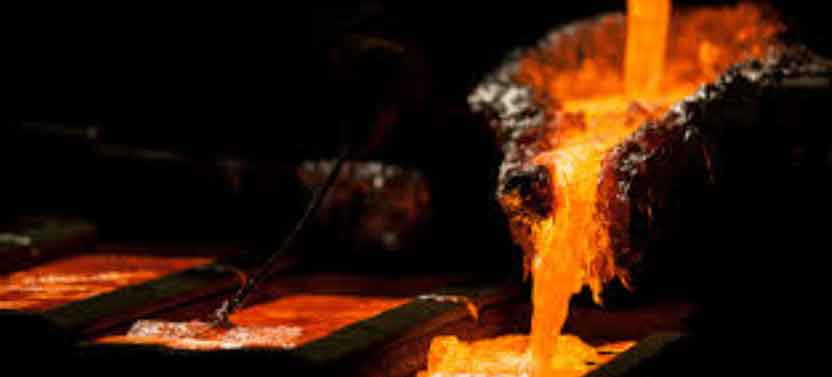
China’s casting industry is actively driving change in terms of innovation and sustainability. Here’s how the industry is making strides in these areas:
- Innovation:
- Advanced Casting Techniques: Chinese casting manufacturers are adopting advanced casting techniques such as high-pressure die casting, investment casting, and precision casting. These techniques allow for the production of complex and high-precision castings with improved quality and performance.
- Technological Integration: Chinese foundries are embracing Industry 4.0 technologies such as robotics, automation, artificial intelligence, and data analytics. This integration enhances production efficiency, quality control, and process optimization.
- Material Development: Chinese casting manufacturers are investing in research and development to develop new alloys, explore alternative materials, and enhance the performance characteristics of castings. This includes lightweight materials, high-temperature alloys, and corrosion-resistant materials.
- Sustainability:
- Cleaner Production Processes: Chinese casting companies are implementing cleaner and more sustainable production processes to reduce environmental impact. This includes the adoption of energy-efficient technologies, waste management strategies, and the use of eco-friendly materials.
- Emissions Reduction: Foundries are investing in emission control technologies to minimize air pollutants, including particulate matter, volatile organic compounds (VOCs), and greenhouse gases. Efforts are being made to reduce carbon emissions and improve air quality.
- Resource Conservation: Chinese manufacturers are focusing on resource conservation through efficient use of raw materials, water, and energy. Recycling and waste reduction initiatives are also being implemented to minimize material waste and promote a circular economy.
- Green Certifications: Chinese casting companies are increasingly obtaining green certifications such as ISO 14001 (Environmental Management System) to demonstrate their commitment to sustainable practices and meet international environmental standards.
- Collaboration and Knowledge Sharing:
- Industry-Academia Collaboration: Chinese casting manufacturers actively collaborate with research institutions, universities, and industry associations to drive innovation, exchange knowledge, and enhance technical capabilities. These partnerships foster research and development initiatives and promote the adoption of advanced technologies.
- International Collaboration: Chinese casting companies are engaging in international collaboration and cooperation to learn from global best practices, participate in joint research projects, and share technological advancements. This enables them to stay abreast of the latest industry trends and foster innovation.
- Green Supply Chain Initiatives:
- Supplier Engagement: Chinese casting manufacturers are engaging with suppliers to promote sustainability practices throughout the supply chain. This includes setting environmental standards, conducting supplier assessments, and encouraging the adoption of sustainable materials and processes.
- Life Cycle Assessment: Chinese companies are incorporating life cycle assessment methodologies to evaluate the environmental impact of castings throughout their entire life cycle. This approach helps identify areas for improvement and guides decision-making towards more sustainable practices.
The Chinese casting industry’s focus on innovation and sustainability is driven by various factors, including market demands, regulatory requirements, and a growing awareness of environmental issues. By embracing advanced technologies, promoting sustainable practices, and fostering collaboration, the industry is striving to drive positive change and position itself as a leader in innovation and sustainable manufacturing.
